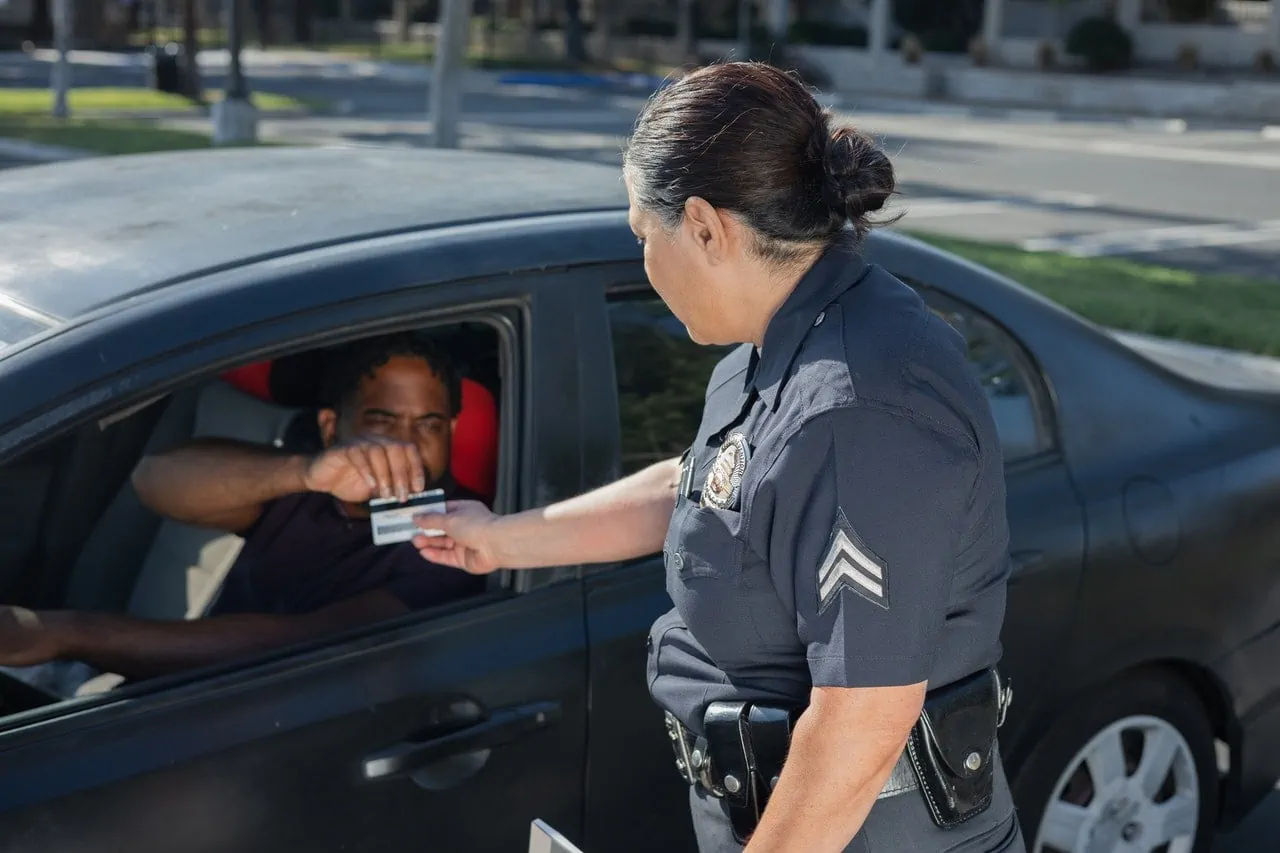
North Carolina's DUI Laws For Opioids And Other Drugs
Many people with opioid use disorder take risks that can cause legal trouble. One of the most common risks taken is driving while impaired. North Carolina, like many states, has laws against driving while impaired. A DUI is a serious charge and can affect many aspects of your life, including your freedom or ability to drive legally.
Consequences for DUIs depend on the factors. Were you driving with just one substance in your body, or were you drinking and getting high? How much of a substance did you take? Did you have drugs on you when the police stopped you?
Anyone who faces criminal charges should get an attorney.
Getting and staying sober can prevent you from getting more criminal charges.
Two Types of DUIs For Impairment
North Carolina has two specific laws to cover types of drug impairment. One is for Driving Impairment DUI. (For this charge, you are high while you’re driving.) The second type, the Controlled Substance DUI, is for driving with a metabolized substance, meaning you may or may not have been high at the time you drive, but a drug in your system was illegal.
- Impairment DWI: If a driver is impaired, they typically have to take a series of impairment tests. Police also usually have a drug recognition test they can use to determine what type of drug the person has taken and the level of impairment (typically, this means HOW MUCH they have taken.) Drivers may also be asked for urine samples or blood tests. Please note that even drugs such as cough syrup or legally prescribed drugs count as drugs that can impair a person’s driving.
- Controlled Substance DWI. A controlled substance DUI means that a person has failed a urine or blood drug test and has consumed any amount of schedule I controlled substance. Street drugs and opioids are common reasons people get pulled over for DUI. If you have taken a narcotic, such as fentanyl, this is considered a controlled substance. This is true even if you are legally prescribed the substance. If there is a warning on the bottle, you should not be driving when you have taken the drug.
Many people misuse prescription medications, especially opioids. However, getting stopped and tested for opioids can interrupt your life, causing legal trouble, problems with your job or marriage, and other telltale signs of addiction.
What Happens After A Drug-Related DUI?
First, you will go to court with your lawyer, and they will try to get the charges reduced. You should be on good behavior during this time and would benefit from 12-step programs or start Medication-Assisted Treatment. If you’re a first-time offender, you will probably not do jail time unless the crime was serious – such as a fatal accident or being caught with many drugs during your DUI.
DUIs are serious business in North Carolina, but some courts offer diversion programs for people who have never been convicted of a crime. In diversion programs, you participate and complete drug and alcohol treatment programs and stay sober for the entirety. You may have to take random drug screenings, do community service and participate in other types of rehabilitation until your time on probation is up.
In North Carolina, a first-offense DWI charge is considered a Level 1 DWI charge; that DWI includes up to 2 years in jail and up to four thousand dollars in fines. You must also complete a psych evaluation and fulfill other probation terms. You may get your license back once you have completed a program. It is up to the judge and your probation officer.
Getting Help For Addiction
If you or somebody you love has a problem with opioids, we’re here to help. We offer convenient, confidential Medication-Assisted Treatment to clients throughout North Carolina. Learn more about your options by calling us at 910-295-7246.
If you are in need of help, please call us at: 910-295-7246 or message us.
Categories
opioids
